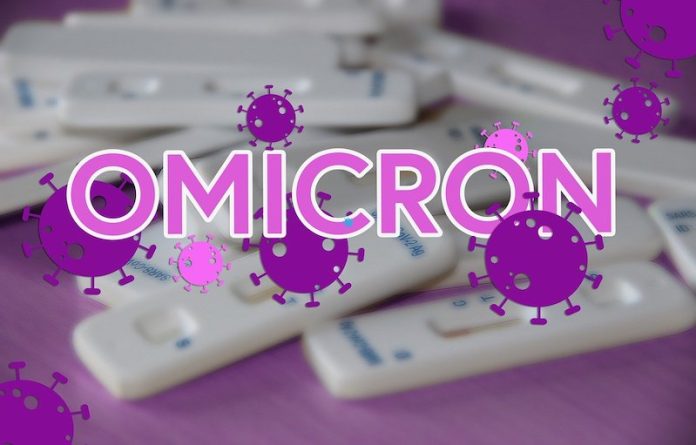
In a study from the Francis Crick Institute and elsewhere, scientists found monoclonal antibody therapies continue to neutralize SARS-CoV-2 variants currently in circulation, including omicron BA.4/5.
In the U.K., monoclonal antibodies are part of an important strategy to protect clinically vulnerable people from becoming severely ill with COVID-19.
But the WHO recently issued a recommendation against the use of all currently-available monoclonal antibodies in the latest issue.
In their study, the researchers sought to test whether monoclonal antibodies might still be effective.
They tested the ability of monoclonal antibodies (sotrovimab, casivirimab, imdevimab, tixagevimab and cilgavimab) to block entry of the virus into cells and “neutralize” different subvariants of SARS-CoV-2, including omicron BA.2, BA.2.12.1, and BA.4/5.
The researchers then looked at a recent analysis of NHS medical records using the OpenSAFELY platform.
It showed that one of these monoclonal antibodies, sotrovimab, was superior to treatment with the antiviral drug molnupiravir in preventing hospitalization and death, in clinically vulnerable people during the BA.2 wave.
The team also found that sotrovimab neutralized omicron BA.4/5 and BA.2.12.1 to a greater extent than omicron BA.2 in the lab, which suggests it would remain effective in clinical use against these two variants.
The team suggests that due to the rapid evolution of SARS-CoV-2, recommendations for the use of targeted mononclonal antibody treatments for COVID-19 should be based on the regular evaluation of both high-quality, standardized live-virus neutralization data, and efficacy data from real-world clinical use.
The current data strongly suggest that we should be more aggressive in getting monoclonal antibodies into the clinic to treat COVID-19.
If you care about COVID, please read studies about a universal antibody therapy to fight all COVID-19 variants, and Vitamin D level could predict severity of COVID-19.
For more information about COVID, please see recent studies about people who are 5 times more likely to get COVID-19, and this face mask can capture and deactivate COVID-19 virus.
The study was conducted by Mary Y Wu et al and published in The Lancet.
Copyright © 2022 Knowridge Science Report. All rights reserved.



